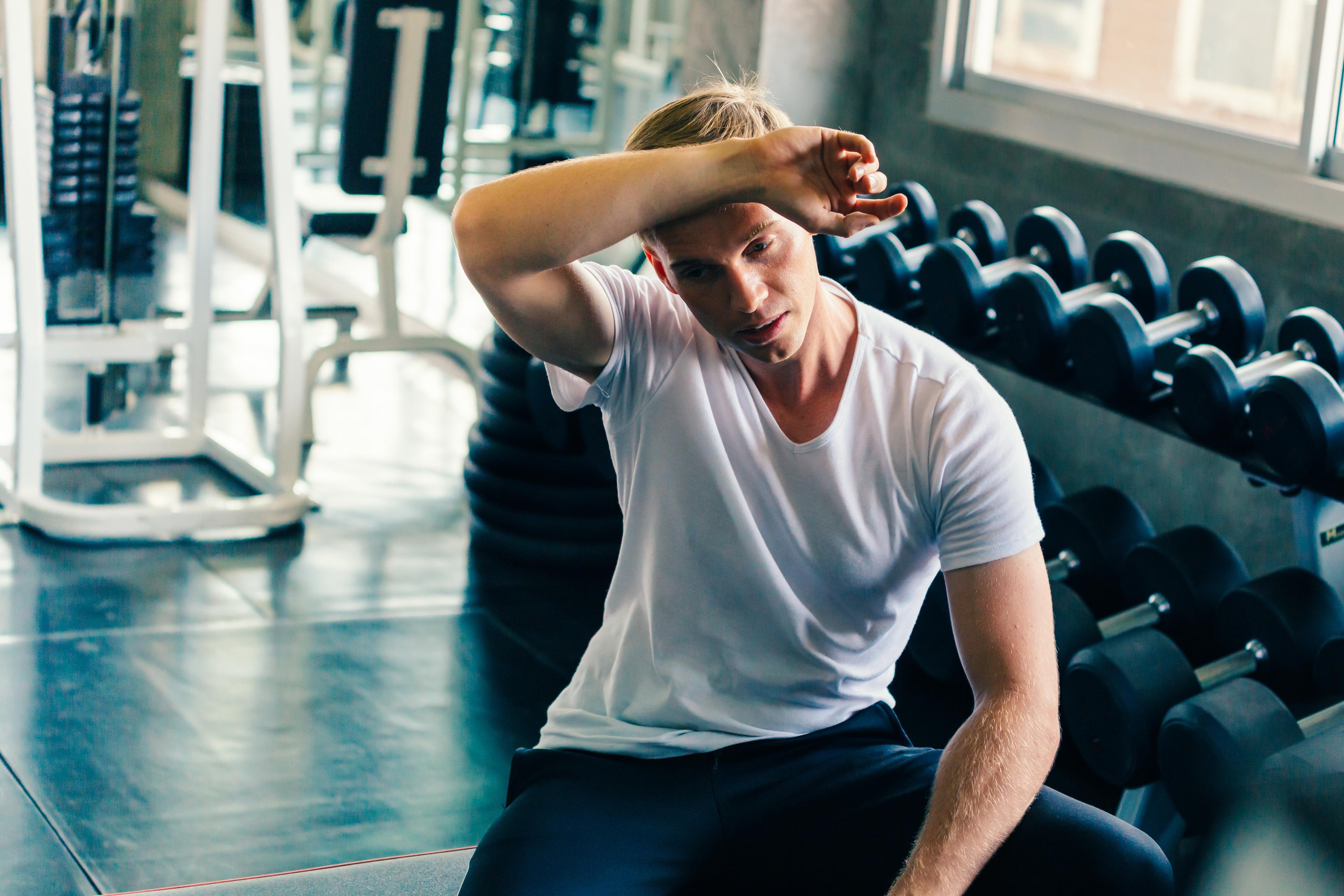Is a Workout Still Beneficial If You Don't Sweat?



Introduction:
Sweating is often associated with an intense workout and is considered a visible sign of physical exertion. However, the correlation between sweating and the effectiveness of a workout is not as straightforward as it may seem. While sweating is a natural response to increased body temperature during exercise, it is not the sole indicator of a workout's benefits. In this article, we will explore the relationship between sweating and the effectiveness of a workout to help you better understand the significance of sweating during physical activity.
Understanding Sweat and Its Purpose:
Sweating is the body's natural cooling mechanism. When you exercise, your muscles generate heat, causing your body temperature to rise. In response, your body releases sweat through the sweat glands, which then evaporates on the skin's surface, cooling the body down. The amount of sweat produced can vary depending on several factors, such as environmental conditions, exercise intensity, individual fitness level, and genetics.

Is Sweating a Reliable Measure of Workout Intensity?
While sweating can be an indication of exertion, it is not always directly proportional to the intensity or effectiveness of a workout. Several factors influence the amount of sweat produced during exercise:
Environmental Conditions: Sweating can be influenced by the temperature and humidity of your surroundings. In hot and humid environments, you are more likely to sweat profusely even during low to moderate-intensity workouts.
Fitness Level: Individuals who are more physically fit may start sweating earlier in their workouts due to their body's improved ability to regulate temperature and maintain optimal performance.
Hydration Status: Proper hydration plays a significant role in sweating. If you are adequately hydrated, you may not sweat as much during your workout.
Individual Differences: Each person's body reacts differently to exercise. Some individuals naturally sweat more than others, irrespective of workout intensity.
The True Measure of Workout Effectiveness:
The real measure of a workout's effectiveness lies in the physiological responses and benefits it provides, rather than the amount of sweat produced. Here are some essential aspects to consider:
Increased Heart Rate: An effective workout should elevate your heart rate, as this indicates that your cardiovascular system is working harder to supply oxygen and nutrients to your muscles.
Muscle Fatigue: Feeling your muscles working and experiencing fatigue is a sign that you are challenging and strengthening them.
Improved Endurance and Strength: Consistent workouts, regardless of sweating, will lead to improved endurance and strength over time.
Calorie Burn: An effective workout will burn calories, which can contribute to weight management and overall health.
Mood and Energy: A good workout can leave you feeling energized and boost your mood.

Emphasizing the Importance of Listening to Your Body:
Rather than solely focusing on sweating as an indicator of a successful workout, it is crucial to listen to your body and pay attention to how you feel during and after exercise. If you are pushing yourself, feeling challenged, and experiencing the benefits mentioned above, your workout is likely beneficial, regardless of whether you are sweating profusely.
Conclusion:
In conclusion, while sweating is a normal and expected response to exercise, it is not the sole determinant of a workout's effectiveness. The true measure of a workout's benefits lies in its impact on your overall fitness, endurance, strength, and well-being. So, the next time you exercise, focus on the quality of your workout, and remember that listening to your body and staying consistent with your fitness routine will lead to positive outcomes, regardless of how much you sweat.



